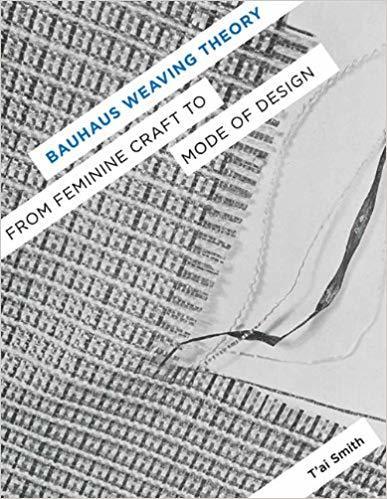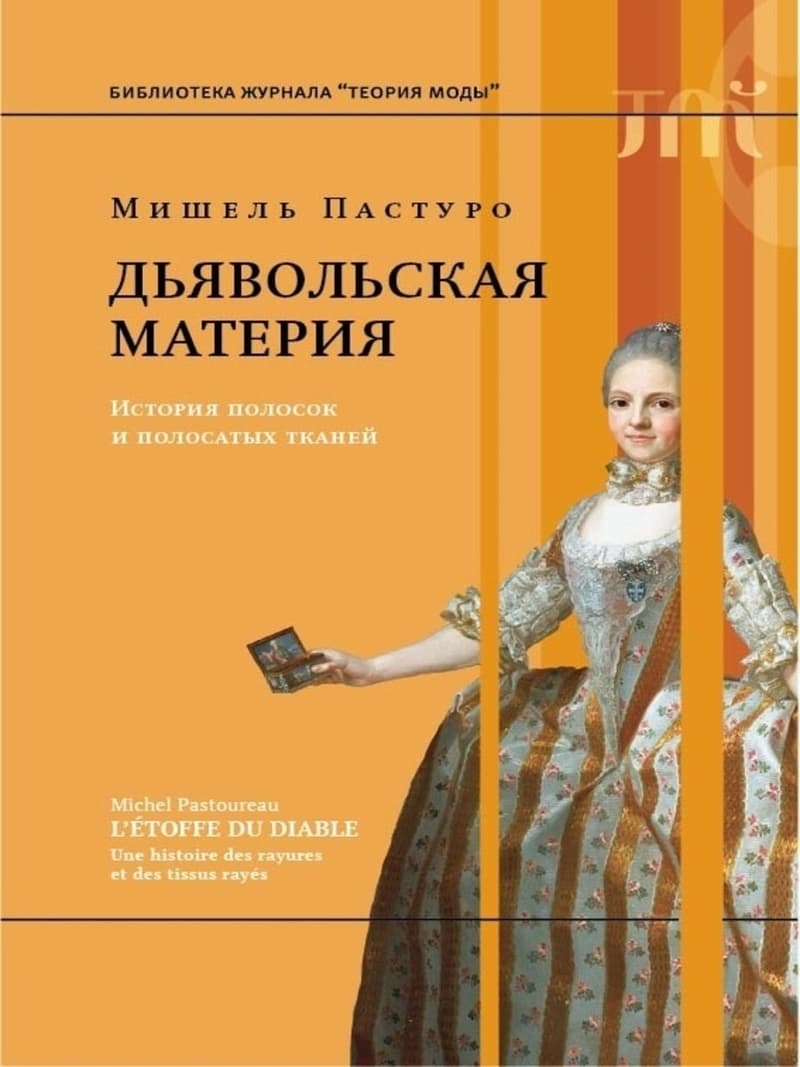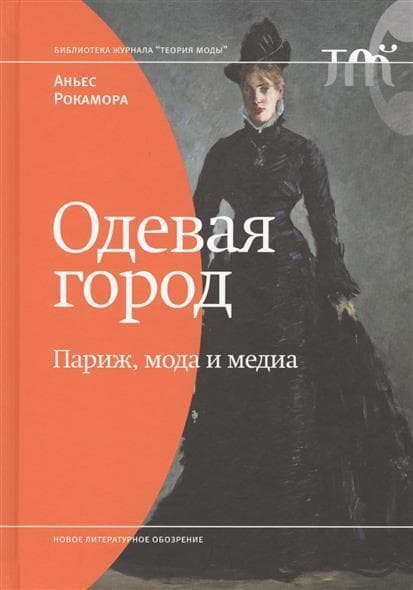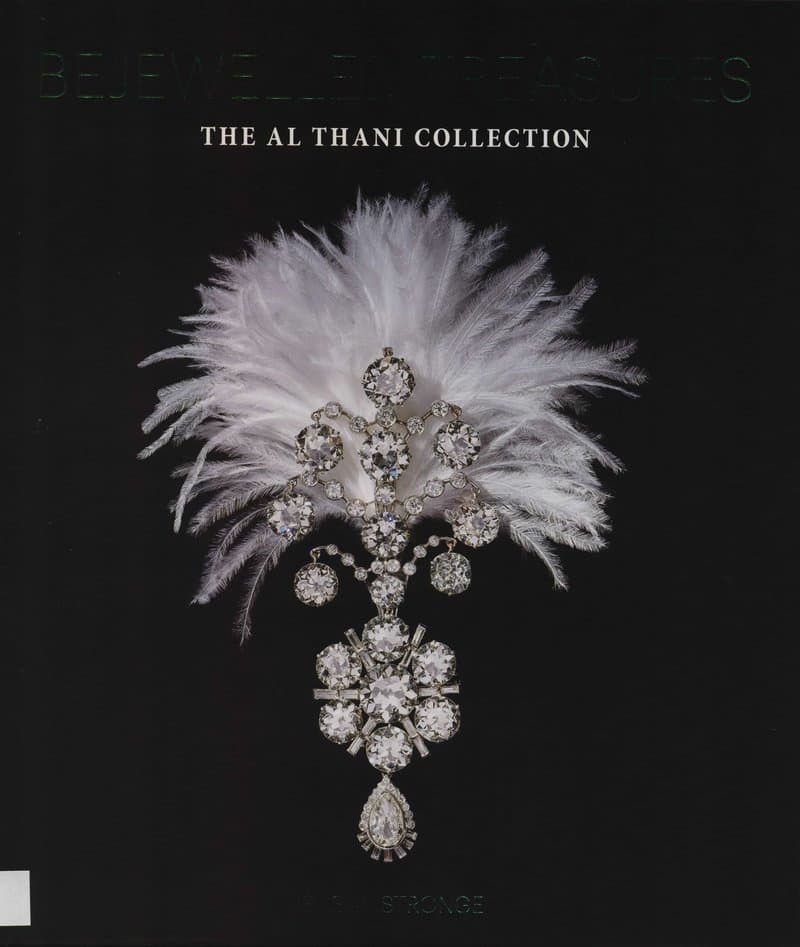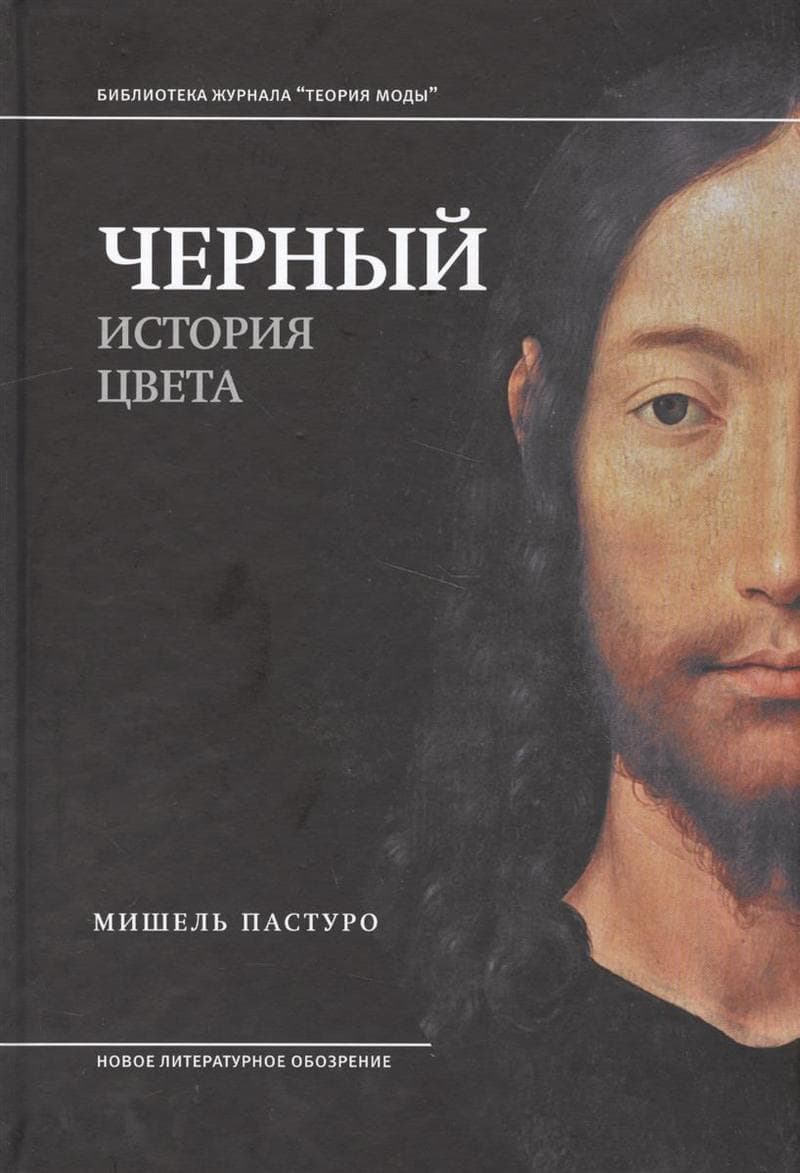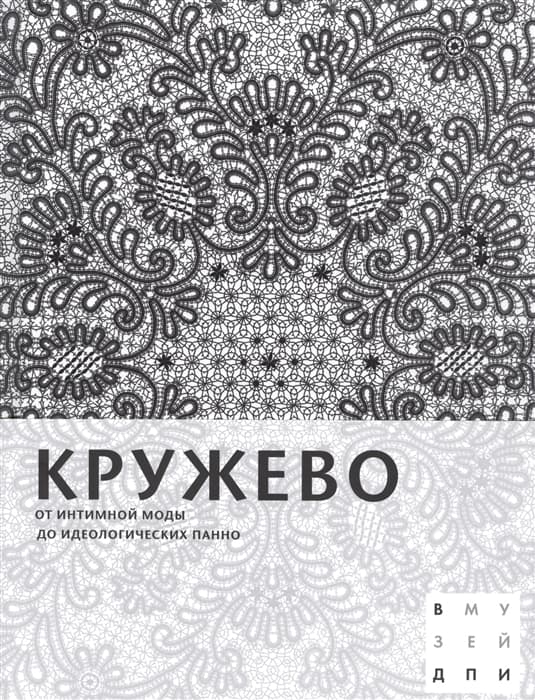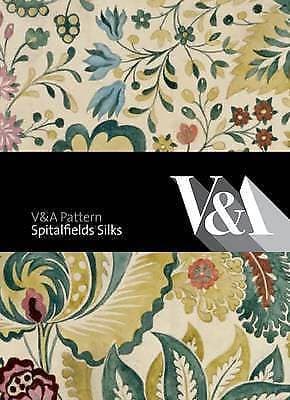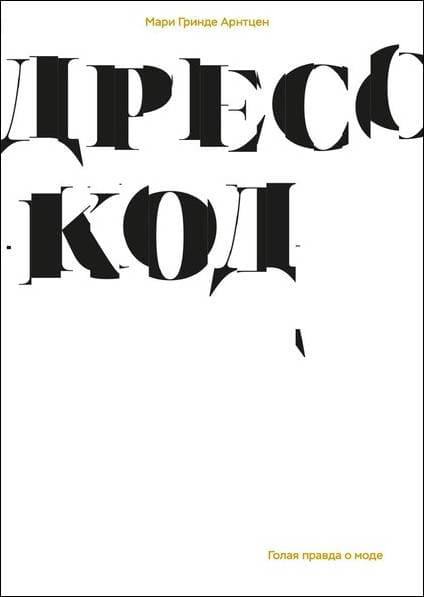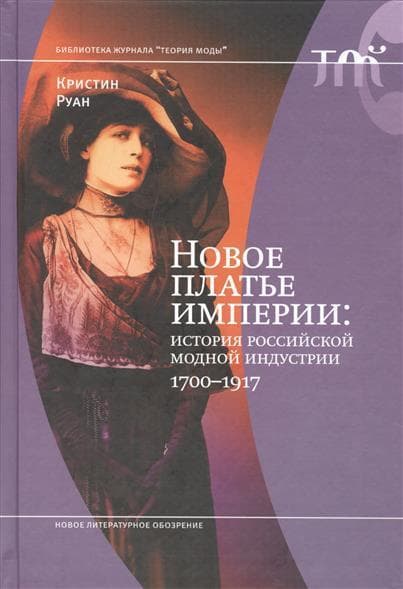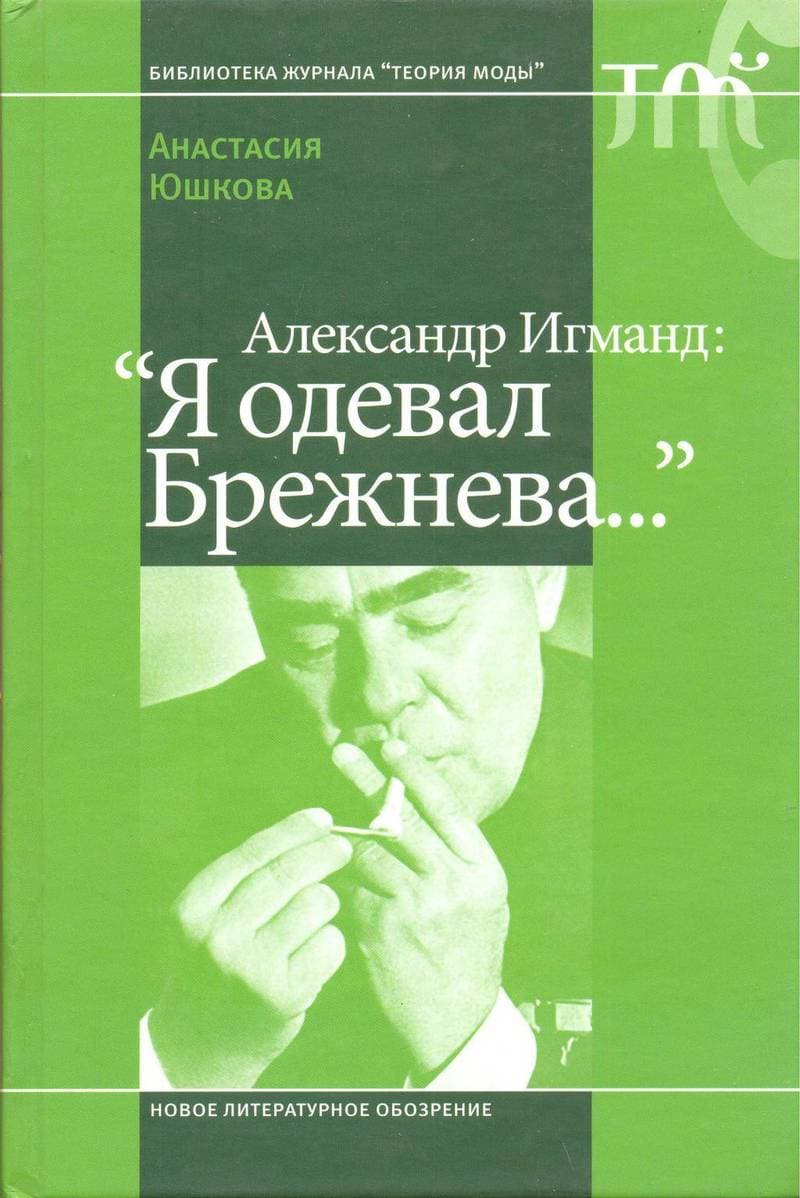Bauhaus Weaving Theory: From Feminine Craft to Mode of Design
The Bauhaus school in Germany has long been understood through the writings of its founding director, Walter Gropius, and well-known artists who taught there. Far less recognized are texts by women in the school’s weaving workshop. In Bauhaus Weaving Theory, T’ai Smith uncovers new significance in the work the Bauhaus weavers did as writers. From colorful, expressionist tapestries to the invention of soundproofing and light-reflective fabric, the workshop’s innovative creations influenced a modernist theory of weaving. In the first careful examination of the writings of Bauhaus weavers, Smith details how these women challenged assumptions about the feminine nature of their craft. In parsing texts about tapestries and functional textiles, the vital role these women played in debates about medium in the twentieth century and a nuanced history of the Bauhaus comes to light. Bauhaus Weaving Theory deftly reframes the Bauhaus weaving workshop as central to theoretical inquiry at the school. Putting questions of how value and legitimacy are established in the art world into dialogue with the limits of modernism, Smith confronts the belief that the crafts are manual and technical but never intellectual arts.
Данные книги
Ар-нуво, модерн, югендстиль, Баухауз, Германия, Дизайн и декоративно-прикладное искусство, История ХХ века, Мода и дизайн одежды, Феминизм
Миннеаполис, Миннесота
2014
230 страниц
9780816687244
Доступ по запросу
Да
Да
746 Smi
1
- Дьявольская материя. История полосок и полосатых тканей2019
- Одевая город: Париж, мода и медиа2017
- Bejewelled Treasure. The Al Thani Collection2015
- Чёрный. История цвета2017
- Кружево. От интимной моды до идеологических панно2016
- V&A Pattern: Spitalfields Silks2011
- Дресс‑код. Голая правда о моде2017
- Духи — мечта во флаконе1996
- Модные люди: к истории художественных жестов нашего времени2012
- Мода ХХ века. Коллекция Института костюма Киото2012
- Новое платье империи: история российской модной индустрии, 1700–19172011
- Александр Игманд: «Я одевал Брежнева...»2012
